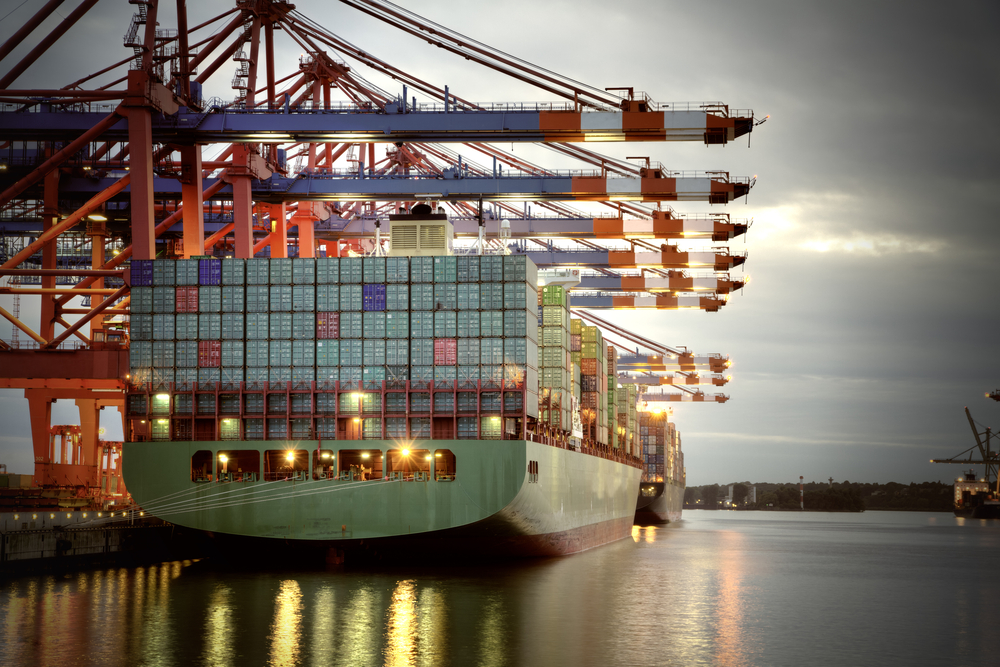Why are People in the U.S. Still Going Hungry?
Unfortunately, even though the U.S. is bountiful and the world’s biggest individual exporter of food, millions of Americans actually are not. Each year the Department of Agriculture runs a nationwide survey to determine how many people go hungry. The latest...
Lower Your Expectations for Thai Democracy
On 29 January, the latest draft of what may become Thailand’s 20th constitution was released. The draft was not the first since security forces seized power in May 2014 — an earlier draft, by a different body, was rejected in...
Is Improving Gender Equality on Wall Street the Key to Fewer Market Crashes?
While the scenes depicted in the film The Wolf of Wall Street might be extreme, they do reflect a truth: that the world of finance is overwhelmingly male. It is this male-dominant culture, fuelled by testosterone that has been blamed...
Japan’s New Foreign Aid Policy Breaks with Tradition
The usage of aid solely to support economic development and not for strategic reasons has been the bedrock principle of Japan’s aid policy since the country first began providing foreign aid to developing countries in 1954. Japan’s Official Development Assistance...
Hitting a New Growth Target
China’s new growth target of 6.5-7% will ensure more flexibility amid deceleration at home and stagnation in the West. It is a balancing act between reforms and deleveraging. China’s new growth target of 6.5-7% will ensure more flexibility amid deceleration...
Forces Impacting Chinese Trade Figures
Investors are skeptical of Chinese economic data. However, news yesterday that Chinese exports fell by a quarter in February shocked investors. Many worry about the implications not just for China, but also for world growth. It comes as the IMF...
China’s ‘Market Economy Status’
The future of the EU–China trade relationship — one of the largest in the world — will be substantially impacted by a debate over whether China should be granted ‘market economy status’ (MES) this year. Under the terms of China’s...
Japan’s Slow Motion Crisis Response
In the face of the 2011 triple disaster, the residents of Fukushima banded together to manage the crisis. The word kizuna has become widely used to describe the people-to-people bonds underpinning the remarkable endurance displayed by the residents of Fukushima....
Do You Want to Bet Against another Japanese Rate Cut?
Early Tuesday in Tokyo, Japan will announce revisions to Q4 GDP. A downward revision to business spending risks will shave the initial estimate from a contraction of 1.4% at an annualized rate to 1.5%. Regardless, the key takeaway is that...
The Rally in Several Emerging Markets is Looking for Traction
Risk sentiment ended last week on a strong note, and that should carry over into this week. The global liquidity backdrop remains positive for EM, with the ECB widely expected to add more stimulus on Thursday. In a similar vein,...
India Manages to Strengthen Ties with ASEAN
The India–ASEAN relationship received a shot in the arm with the conclusion of the 8th Delhi Dialogue on 17–19 February 2016. Since 1991, India has been aggressively pursuing increased trade and strategic relations with Southeast Asian Countries as a part...
China’s Reserve Ratio Cut and South America’s Woes Top EM News
1) China’s central bank announced a 0.5% cut in the required reserve ratio, 2) Moody's cut the outlook on China's Aa3 rating to negative from stable, 3) Argentina and the main holdouts agreed to a debt restructuring deal, 4) Brazilian...
Japan Faces the Long-Term Consequences of the Tsunami
The stillness is most overwhelming. The rubble has been cleared away. The grass has grown back. However, along much of the coastal strip devastated by the tsunami that struck Japan on 11 March 2011, a silence remains. The stillness is...
We All Live in an Expensive Submarine
Australia’s future submarine program is the largest and most complex defence procurement in the nation’s history. While technical issues to establish the ‘best’ submarine remain important, strategic, political and economic factors are key to Australia’s decision. The deal could have...
IS in Indonesia Could Create Economic Chaos
Those behind the attacks in Jakarta on 14 January desperately hoped to emulate the 13 November attacks in Paris. This time they fell far short. The attackers, contrary to initial impressions, were entirely locally organised and failed at almost every...


















